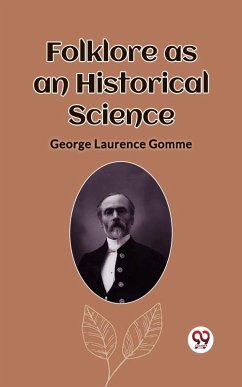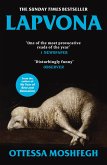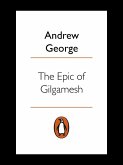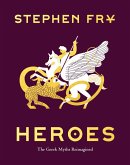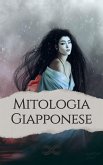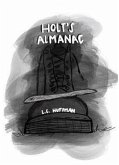"e;Folklore as an Historical Science"e; is an ancient nonfiction historical story book written by George Laurence Gomme. In "e;Folklore as a Historical Science,"e; George Laurence Gomme dives into the complicated relationship amongst folklore and information, creating a compelling case for folklore's relevance as a tool for facts the beyond. Gomme demonstrates how folklore serves as a repository of cultural memory, preserving conduct, attitudes, and practices that provide precious insights into civilization's records. Gomme believes that folklore ought to nolonger be disregarded as easy fantasy or superstition, but as an alternative as a probable deliver of historical statistics. Drawing on an expansion of folkloric property, along with myths, reminiscences, nonpublic stories, and practices, he demonstrates how those narratives reproduce social, political, and monetary dynamics in unique ancient situations. Gomme dreams internet site users to reconsider their belief of statistics via clarity and comprehension, and encourages them to truly receive folklore as a crucial part of the observation of information. "e;Folklore as a Historical Science"e; reveals Gomme's groundbreaking research and prolonged-reputation influence in folklore and anthropology.
Dieser Download kann aus rechtlichen Gründen nur mit Rechnungsadresse in A, B, BG, CY, CZ, D, DK, EW, E, FIN, F, GR, HR, H, IRL, I, LT, L, LR, M, NL, PL, P, R, S, SLO, SK ausgeliefert werden.
Hinweis: Dieser Artikel kann nur an eine deutsche Lieferadresse ausgeliefert werden.

